
A high body mass index was linked with improved overall survival in patients with renal cell carcinoma undergoing radical nephrectomy.

Your AI-Trained Oncology Knowledge Connection!


A high body mass index was linked with improved overall survival in patients with renal cell carcinoma undergoing radical nephrectomy.
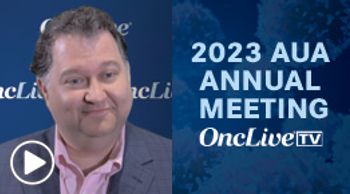
Benjamin H. Lowentritt, MD, FACS, discusses prostate-specific antigen response and time to castration resistance in patients with metastatic castration-sensitive prostate cancer started on apalutamide, enzalutamide, or abiraterone acetate.

Roger Li, MD, discusses phase 2 data with the combination of CG0070 and pembrolizumab in patients with non–muscle invasive bladder cancer unresponsive to Bacillus Calmette-Guérin.

Treatment with the androgen receptor inhibitor enzalutamide plus leuprolide led to a significant reduction in the risk of metastasis or death compared with placebo plus leuprolide in patients with nonmetastatic hormone-sensitive prostate cancer with high-risk biochemical recurrence.

Patients with metastatic castration-sensitive prostate cancer treated with the androgen receptor–signaling inhibitor apalutamide achieved prostate-specific antigen responses that trended higher and rates of progression to castration resistance that trended lower than those receiving enzalutamide or abiraterone acetate/
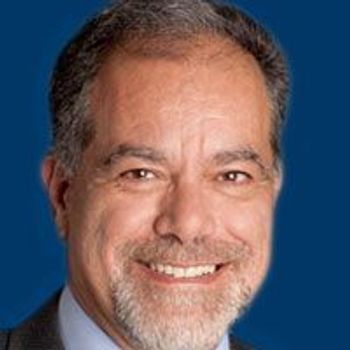
A post-hoc analysis of the phase 3 ARASENS trial demonstrated that the addition of darolutamide to androgen deprivation therapy and docetaxel produced deep and durable prostate-specific antigen responses in patients with metastatic hormone-sensitive prostate cancer.
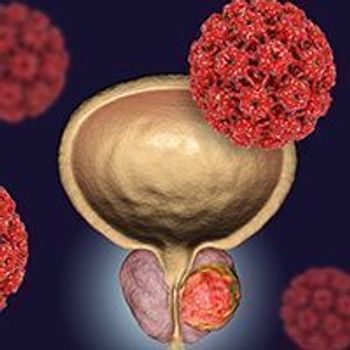
A subgroup analysis of the phase 3 ARASENS trial showed that darolutamide plus androgen deprivation therapy elicited an overall survival benefit in North American patients with metastatic hormone-sensitive prostate cancer.

Cretostimogene grenadenorepvec in combination with pembrolizumab produced high complete response rates with a tolerable safety profile in patients with Bacillus Calmette-Guérin–unresponsive non–muscle invasive bladder cancer.

Treatment with darolutamide was associated with lower rates of discontinuation and progression to metastatic disease compared with enzalutamide and apalutamide in patients with nonmetastatic castration-resistant prostate cancer.

First-line avelumab maintenance therapy prolonged survival in patients with advanced urothelial carcinoma, regardless of response to first-line chemotherapy, according to findings from an exploratory subgroup analysis of the phase 3 JAVELIN Bladder 100 trial.

The use of 68Ga-FAP-2286 PET imaging may improve treatment selection and response assessment in patients with bladder cancer, according to findings from a pilot study evaluating the diagnostic performance of this imaging technology.
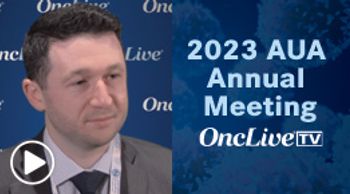
Michael Basin, MD, discusses how the pharmacological inhibition of the molecular chaperone Hsp70 overcomes belzutifan resistance in clear cell renal cell carcinoma.
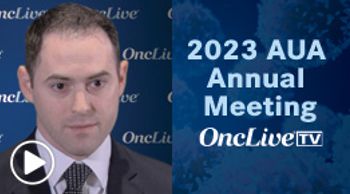
Andrew Katims, MD, MPH, discusses the utility of a circulating tumor DNA assay (MSK-ACCESS) in patients with node-positive muscle-invasive bladder cancer.
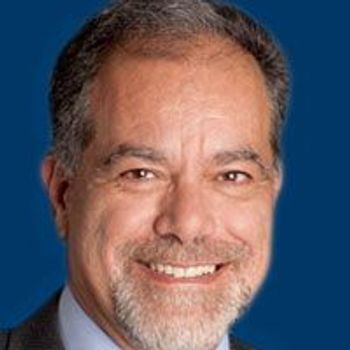
The addition of olaparib to abiraterone acetate resulted in numerically higher prostate-specific antigen response rates and prolonged time to PSA progression vs abiraterone alone when used in the frontline treatment of patients with metastatic castration-resistant prostate cancer.

Darolutamide given in an extended duration was linked with long-term clinical benefit and safety in patients with nonmetastatic castration-resistant prostate cancer.
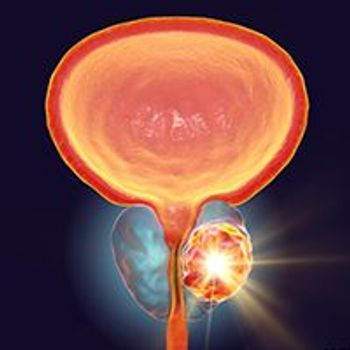
Reduced doses of apalutamide did not significantly decrease rates of skin-related adverse effects vs full-dose apalutamide in patients with advanced prostate cancer.

Treatment with lutetium 177 PSMA-I&T radioligand therapy led to prostate-specific antigen declines with an acceptable toxicity profile in patients with metastatic castration-resistant prostate cancer.

The use of zoledronic acid or other bisphosphonates was associated with a significant reduction in risk of fracture in patients with metastatic hormone-sensitive prostate cancer.
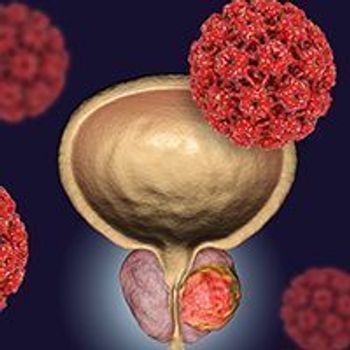
The combination of tislelizumab plus nab-paclitaxel demonstrated benefit and a tolerable safety profile in patients with high-risk non–muscle invasive bladder cancer.

The utilization of sabizabulin in patients with metastatic castration-resistant prostate cancer who progressed on androgen receptor-targeting therapy yielded significant and durable objective tumor responses, according to results of a phase 1b/2 trial (NCT03752099).

Nadofaragene firadenovec combined with immune checkpoint inhibitors such as pembrolizumab may play a synergistic role in the treatment of patients with Bacillus Calmette–Guérin-unresponsive non–muscle invasive bladder cancer.

Data from a retrospective analysis demonstrated that mitomycin gel was safe and effective when administered using an antegrade approach in real-world populations of patients with low-grade upper tract urothelial cancer.

The combination of neoadjuvant tislelizumab and nab-paclitaxel elicited a high rate of pathologic complete response in patients with muscle-invasive bladder cancer, according to preliminary findings from the phase 2 TRUCE-01 trial.
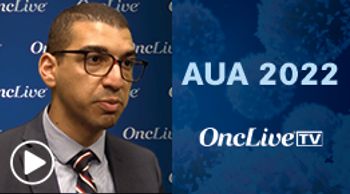
Fady Ghali, MD, discusses the expression of Nectin-4 and TROP-2 in variant histology bladder cancer and urothelial cancer.

Hao G. Nguyen MD, PhD, discusses the efficacy and safety of IS-002, a prostate-specific membrane antigen–targeting fluorophore, for image-guided surgery in patients with prostate cancer undergoing robotic prostatectomy.

TROP-2 and Nectin-4, surface cell targets of sacituzumab govitecan and enfortumab vedotin, respectively, are highly expressed in urothelial cancer and variant histology bladder cancer.
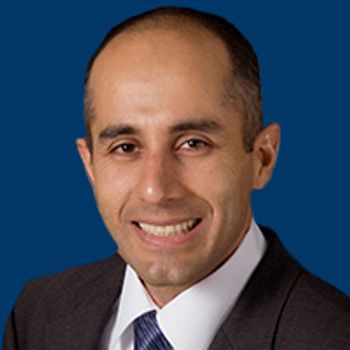
Infigratinib yielded notable activity and tolerability in patients with localized upper tract urothelial carcinoma harboring FGFR1/2/3 mutations.
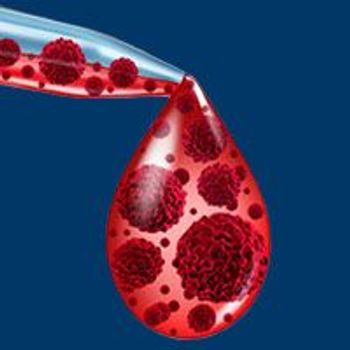
The novel, near-infrared, prostate-specific membrane antigen-targeted fluorophore IS-002 was safe, well-tolerated, and allowed for enhanced intraoperative tumor detection in patients undergoing robotic prostatectomy.

Patients with low-grade non-muscle invasive bladder cancer who received the chemoablative reverse thermal gel UGN-102 were found to have maintained health-related quality-of-life outcomes.

Anirban P. Mitra, MD, PhD, discusses data from an assessment of PD-1 and PD-L1 status on transurethral resection specimens collected from patients with non–muscle-invasive bladder cancer who received nadofaragene firadenovec as part of a phase 3 trial.